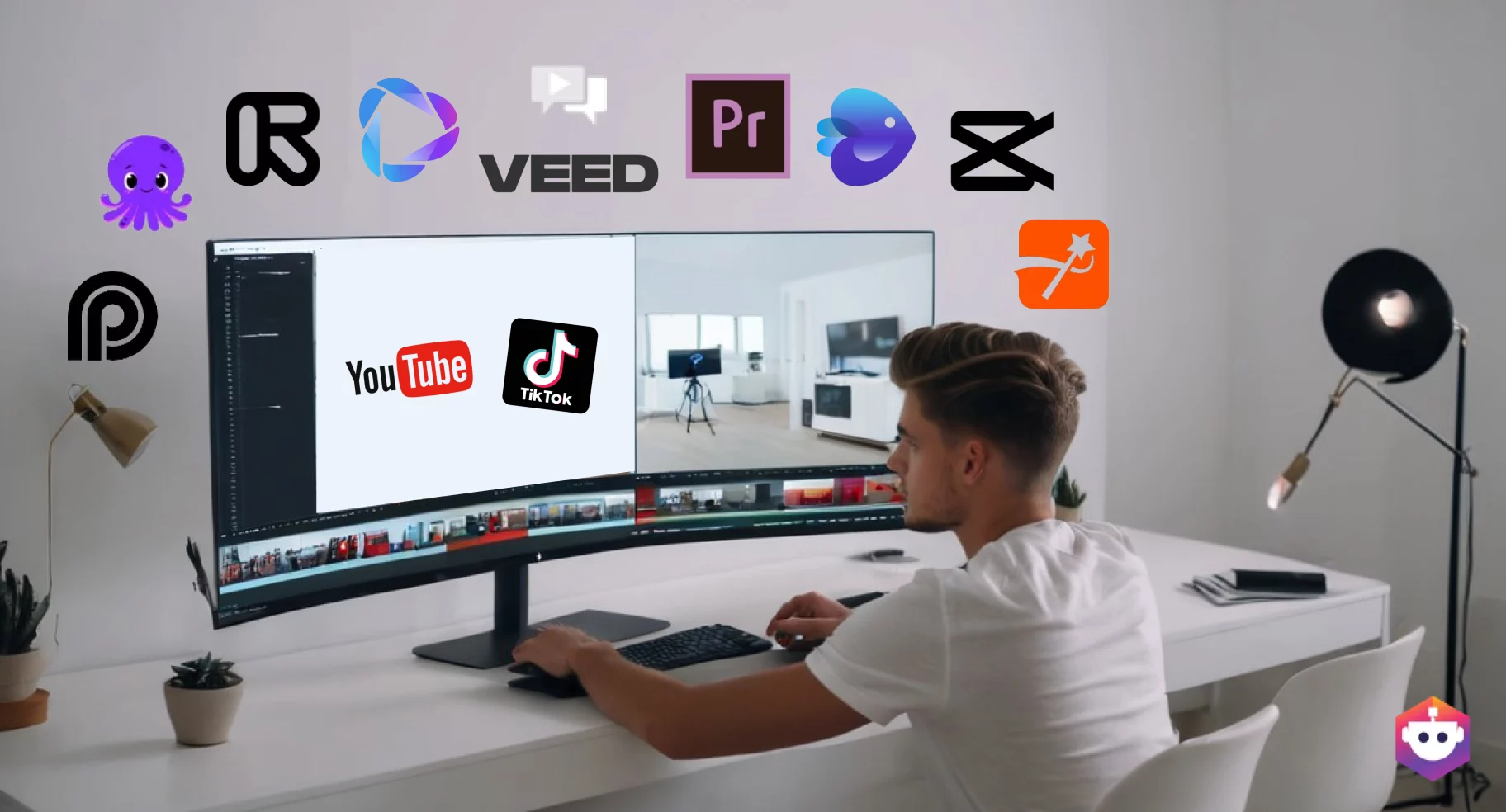
You’d think that with all the hype around AI, every company would want to use it. But surprisingly, many of them are still hesitant. What’s holding them back? Is it fear of job replacement? Concerns about data privacy? Or something else entirely? I was curious to understand so I made some research interviewing colleagues, friends and looking at recent studies on the topic. Let’s dive in.
I found out a few reasons why professionals don’t use ai at work
— Ben Tossell (@bentossell) August 12, 2024
And I’ve put together a short list ⤵️…
15 Reasons Why Professionals Don’t Use AI
Here are the 15 reasons I found why professionals and companies are slow to adopt AI in their work.
- AI tools Overload: With new AI models and apps emerging every week (can you keep up?), it can be overwhelming to stay on top of them all.
- Fear of Job Replacement: Employees might fear that using AI will replace them or make their jobs redundant. [2], [6], [8], [11]
- Lack of Time: Some professionals might simply be too busy to explore AI further. [9]
- Inaccurate and Unreliable Output: Many are sceptical because AI can give you completely false and unreliable data. [2], [3], [5], [6], [8], [10]
- Lack of Clear Company Policies: Many companies lack well-defined policies regarding the use of AI, which can create uncertainty and risk. [1]
- Budget Constraints: Maybe your company’s tech is outdated, making it harder to integrate new AI systems. [2], [3], [8]
- Resistance to Change: There is often a cultural resistance within organizations to adopt new technologies. [3], [5]
- Technical Skills Gap: Many organizations face a shortage of employees with the necessary technical skills to implement and maintain AI systems. [2], [3], [10]
- Lack of training: Many professionals don’t have the necessary skills to effectively use AI tools. [5]
- Data Privacy Issues: Handing over sensitive data to AI companies feels risky. [2], [5]
- Security Worries: With AI comes new security risks of potentially overtaking systems in the future or facilitating cyberattacks. [2], [11]
- Poor User Experience: The user experience of chatbots like ChatGPT might not be optimal for the majority of business use-cases.
- Lack of Employer Support: Workers might be hindered by employer restrictions or required training, making it harder to adopt AI.
- Perceived Legal Risks: Professionals might worry about the potential legal and or content rights risks associated with using AI. [2], [3], [5]
- Hard to automate: Professionals might feel overwhelmed by the prospect of automating tasks, even if it means saving time.

A recent study [4] of 100,000 workers from Denmark reveals some interesting insights into ChatGPT adoption. It turns out that the younger and less experienced employees have used ChatGPT more than their older colleagues. Also, male workers use it more compared to female ones.
What’s your opinion?
What are your thoughts on this topic? Share your experiences with using (or not using) AI in the comments below!
Sources
- More than Half of Generative AI Adopters Use Unapproved Tools at Work (Salesforce)
- AI adoption study by (PWC)
- The COST of not adopting AI into your workplace (aicadium)
- The adoption of ChatGPT (A. Humlum and E. Vastergaard)
- [Research insights] The state of AI 2024: Top industries involved in AI adoption (Ayaan Bhattacharjee)
- 24 Top AI Statistics And Trends In 2024 (Forbes)
- How Many Companies Use AI? (Exploding topics)
- 57 NEW Artificial Intelligence Statistics (Exploding topics)
- Artificial intelligence (AI) in productivity and labor – statistics & facts (statista)
- AI Statistics 2024 (AIPRM)
- Public Trust in AI Technology Declines Amid Release of Consumer AI Tools (Mitre)




